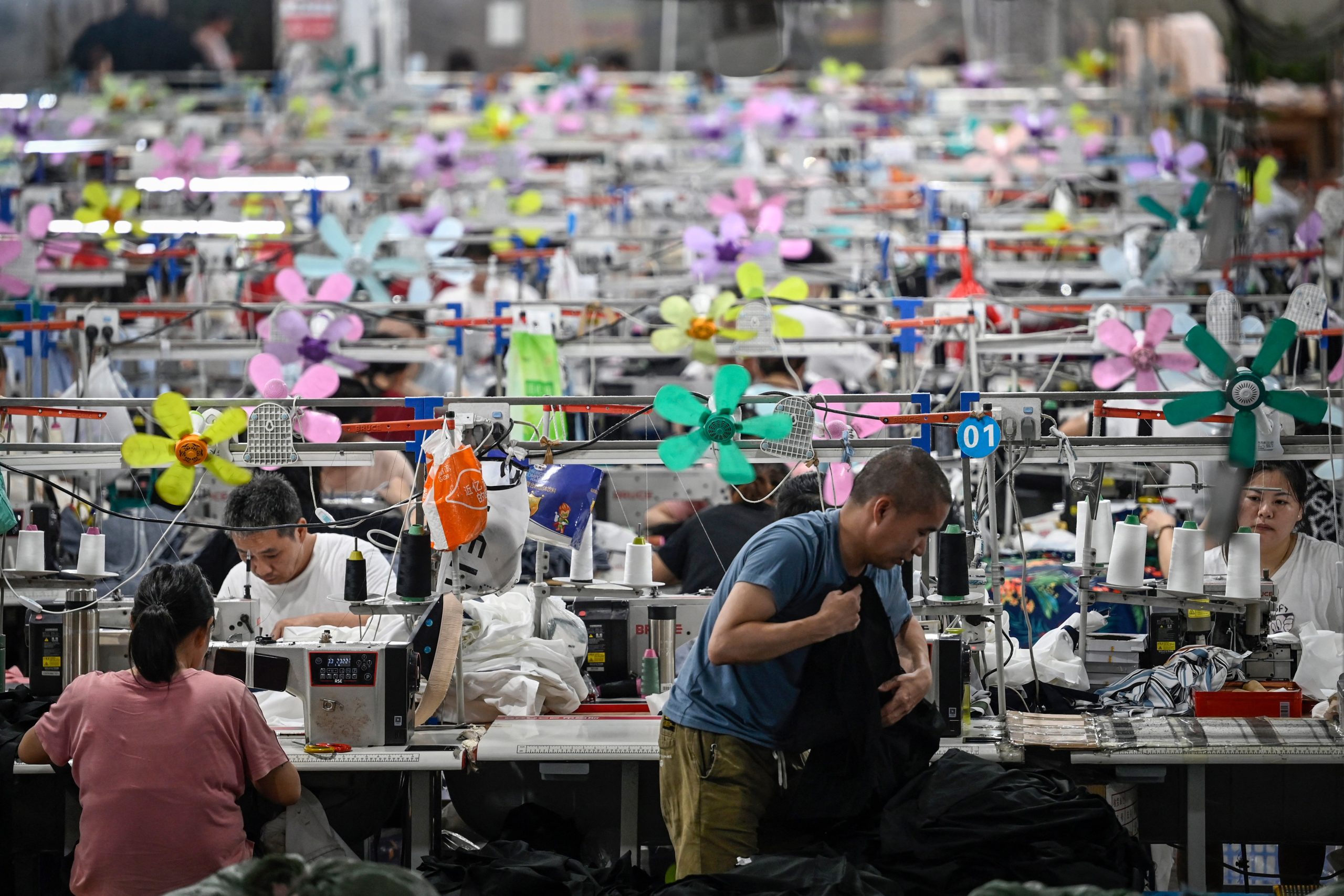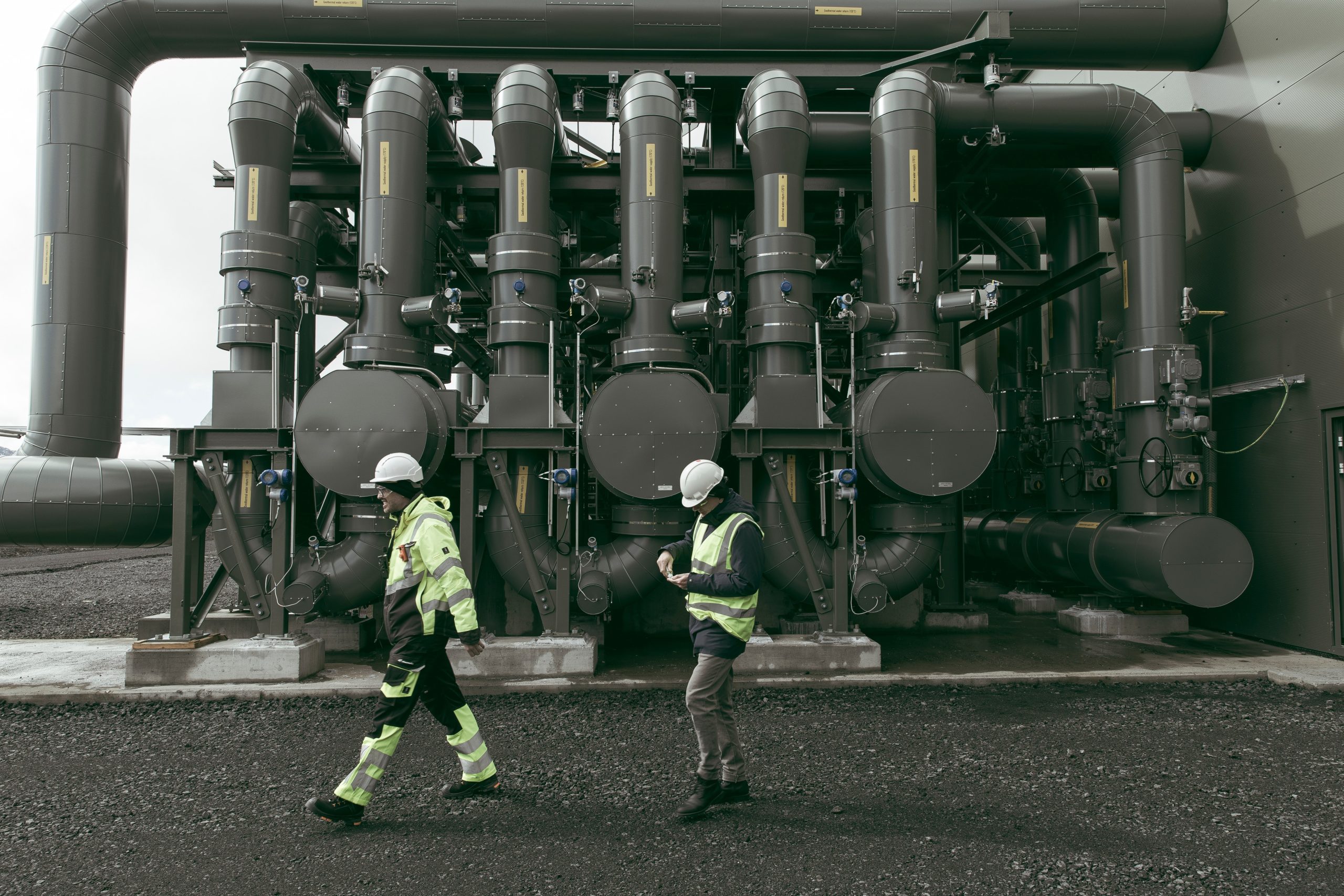AI Has Helped Shein Become Fast Fashion’s Biggest Polluter
Shein, the Chinese fast fashion retailer, has come under fire for its environmental impact as one of the biggest polluters in the fashion industry. The company’s rapid growth and success can be attributed in part to the use of artificial intelligence technology in its supply chain management and production processes.
AI has enabled Shein to quickly respond to changing trends and consumer demands, allowing the company to produce and deliver new products at a rapid pace. This fast-fashion model has led to an increase in the amount of waste generated by Shein, as the company often over-produces and discards unsold inventory.
Additionally, AI has been used by Shein to optimize its manufacturing processes, leading to increased efficiency and productivity. However, this efficiency comes at a cost to the environment, as the production of clothing emits large amounts of greenhouse gases and consumes vast quantities of water and energy.
As consumers become more aware of the environmental impact of fast fashion, there has been growing criticism of Shein’s practices. The company has been accused of greenwashing and failing to take responsibility for its contribution to pollution and climate change.
In response to these criticisms, Shein has announced plans to invest in more sustainable practices and technologies. However, the company’s reliance on AI and fast fashion business model make it difficult to significantly reduce its environmental footprint.
Ultimately, the use of AI has helped Shein become one of the biggest polluters in the fashion industry, highlighting the complex relationship between technology, consumer demand, and sustainability.



